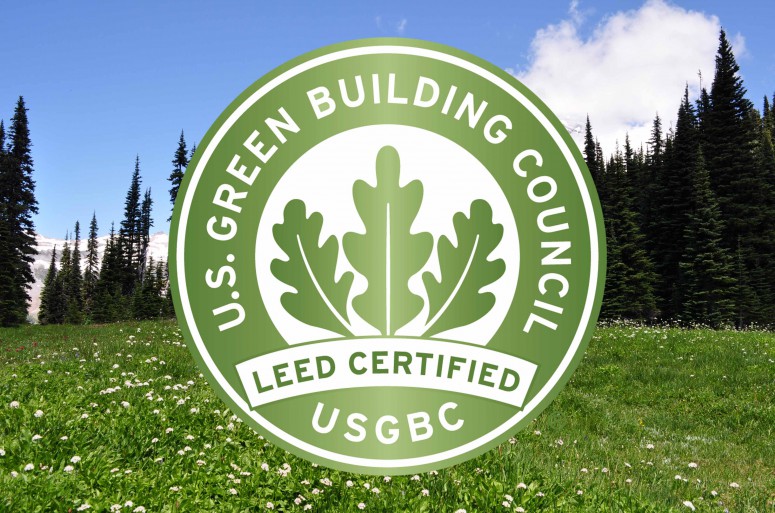Big River Steel: First steel producer in the world to be LEED certified
During the grand opening ceremony on March 1st in Osceola, Arkansas, Big River Steel announced that it is the first steel production facility in the world to be LEED (Leadership in Energy and Environmental Design) certified based on its environmental sustainability efforts and energy efficiency performance. LEED is the most widely used green building rating system developed by the U.S. Green Building Council that recognizes best-in-class building strategies and practices. Russula is proud to have contributed to this achievement by providing a water treatment complex that is both operationally efficient and eco-friendly.
Big River Steel requires a total volumetric flowrate of 35,000 m3/hr (154,100 gpm) of cooled water in order to produce 1.6 MT of hot rolled strip per year. The water treatment plant was designed to comply with strict local legislation and reuse as much of the water as possible.
Respecting the environment and safeguarding the welfare of our team members while building a profitable enterprise is at the core of what it means to be a Flex Mill™. As more steel consumers look to source from steel producers that not only recycle but also do so with a focus on sustainability, Big River Steel will be well positioned.
Dave Stickler, CEO of Big River Steel.
Russula focused on two main aspects to engineer a sustainable water treatment complex for Big River Steel: energy efficiency and water consumption. By employing variable frequency drives and energy-efficient motors, Big River Steel was able to lower the overall energy consumption of the water treatment complex. The most effective way to reduce water consumption is to reuse it. Russula concentrated on reducing the number of effluent discharges to the river by maximizing the concentration cycle of all the water circuits. Depending on the varying water quality requirements within the plant, some of the discharges are fed to other circuits, avoiding having to discharge effluents into the river. All purges of water that do not come into contact with the steel process are reused as fresh water to replenish the water circuits that do come in contact with the process. Since the entire operation is automated, the control system examines all the process variables and automatically controls the all the sequences to adequate the water plant to all the circumstances.
